More than half the adult population in America say they believe they have at least one good book in them. No doubt, many of them have been tempted by the dream of writing a great romance, historical, mystery, or perhaps a thriller. So … let’s say someone approached you. They ask — What does it take to become a writer?
“I’d always loved to read – and come from a family of readers
– but I never thought about writing as a career.” —Nora Roberts
How would you respond?
Personally, I’m likely to answer that question with one or two of my own (don’t you hate people like me). The first – What do you read? And, probably, the most important one– How much do you read? The reason for these questions should be obvious. Inspiration.
“Read, read, read. Read everything – trash, classics, good and bad,
and see how they do it.
Just like a carpenter who works as an apprentice and studies the master.
Read! You’ll absorb it. Then write.” –William Faulkner
Without real inspiration, the probability of a new writer realizing the dream isn’t very good. If you look into your own life, on any scale, chances are you’ve experienced this very thing. From your first pair of skates to the challenge of a double black diamond ski trail, you’ve probably found your inspiration by watching someone excel at their craft. Then, with high expectations, you immersed yourself into the nuts-n-bolts of it, until you also experienced the same exhilaration and pride in finding your own style and level of excellence.
“I have never thought of myself as a good writer.
Anyone who wants reassurance of that should read one of my first drafts.
But I’m one of the world’s great rewriters.” –James A. Michener
My writing partners, Jenn, Candi, Marie-Claude and I, have all experienced that kind of exhilaration and pride as we strive to refine our skills, our voices, and our writing styles. It takes maturity and perseverance. We’ve certainly taken our spills and suffered the kind of bruising that only makes the taste of small victories sweeter by contrast. But we all have something in common that pushes us forward. The admiration of those who excel at this craft. Our inspiration. The written word. We READ, READ, READ…
So — Before The First Written Word — you’re assignment is to read. Not a bad gig, huh? There are no notes. No exams. Just read for the pleasure of it, while making a conscious effort to decipher, for yourself, the author’s rhyme and reason.
“It’s hard for me to believe that people who read very little – or not at all in some
cases – should presume to write and expect people to like what
they have written. Can I be blunt on this subject?
If you don’t have time to read, you don’t have the time – or the tools – to write.
Simple as that.”
–Stephen King
Ask yourself a few questions along the way. Try to describe, in your own thoughts, the how and the why of your answers.
- How many words, paragraphs, or pages did it take for the story to grab you and pull you in?
- How clear were the visuals in the world the author has created?
- What made you want to keep turning pages after that last chapter?
- What was it about the next that pulled you in?
- Can you summarize conflict, what’s at stake, the goal of the characters?
- What made the characters and dialogue real for you?
- Can you sense their emotion – how?
- Can you anticipate pinnacle points in the story? Were you surprised by a turning point? Can you find the clues that lead to these outcomes?
- What makes the story logical (or contrived)? Does the conclusion feel complete or unsatisfying – why?
And each time you set the book aside for a breather, imagine how you might plot your own direction for the story, then compare it to the author’s. Exercise a few skills you may have learned from the author. Look around the office while working, or the mall while shopping, or the park while jogging. All these worlds are yours to study character goal, motivation, conflict, and setting. What key elements would establish a readers visual and sensory feel for the setting? Then describe what would make your scene darker or more cheery.
“I want story, wit, music, wryness, color, and a sense of reality in what I read,
and I try to get it in what I write.” –John D. MacDonald
People around you tend to telegraph thoughts and emotion to the surface. What do you see in the precise shape of their mouth, the eyes, the posture? The selection and tone of their words? What makes the inflection and cadence of their dialogue unique from another woman or man. What message do they convey by the way they dress? Can you precisely define confidence, shyness, weakness and strength by their telling characteristics. What traits make someone appear a leader, a follower, or a drifter? Start now. Exercising skills that will soon have names, while, at the same time, planting the seeds of imagination for stories to come – your muse.
Lastly, but a most important discipline in writing – practice time management. No excuses, you must be disciplined enough to dedicate time to the craft. Both reading and writing are perishable skills. It’s the same with the muscles of your body, which will certainly atrophy with lack of use. The longer you stay away from the craft, the less fit you’ll become. The more you exercise, however, the stronger and more balanced you’ll be. Start with your reading. Commit yourself to manageable hours each day. There’s nothing sexier that a man or woman reading a novel. Well, almost…
“No man should ever publish a book until
he has first read it to a woman.” ~Van Wyck Brooks
Happy Thanksgiving, all!
–John
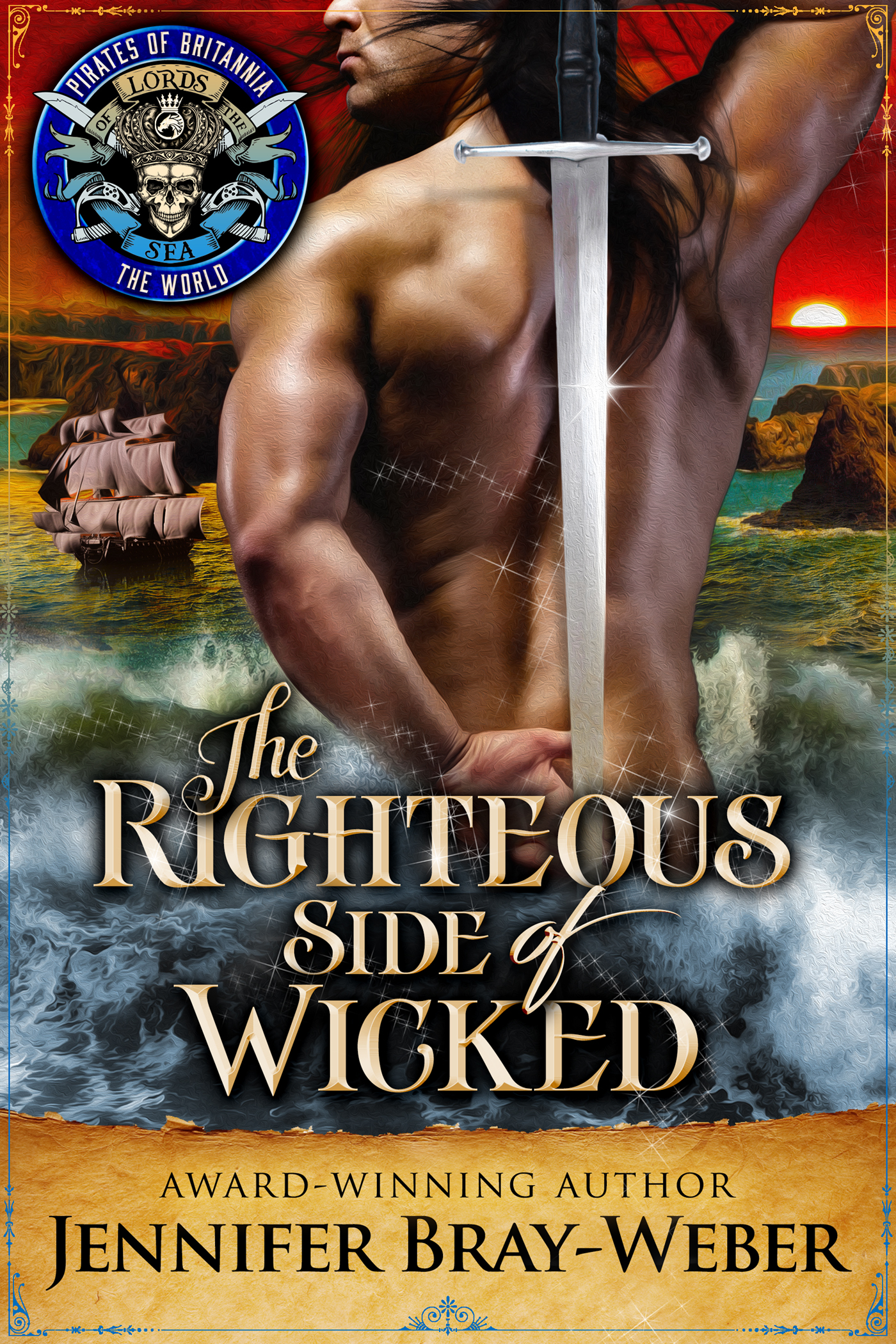



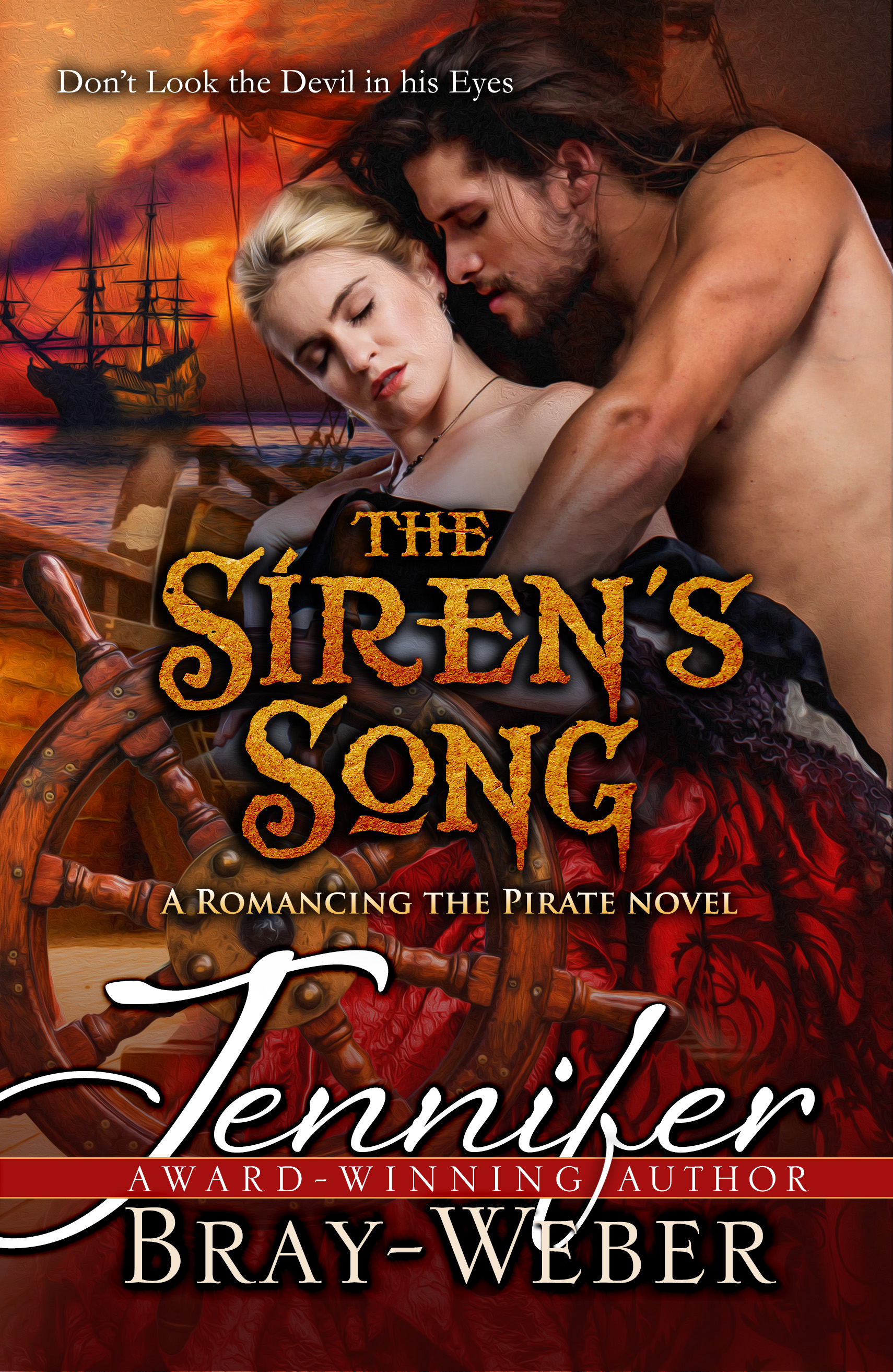


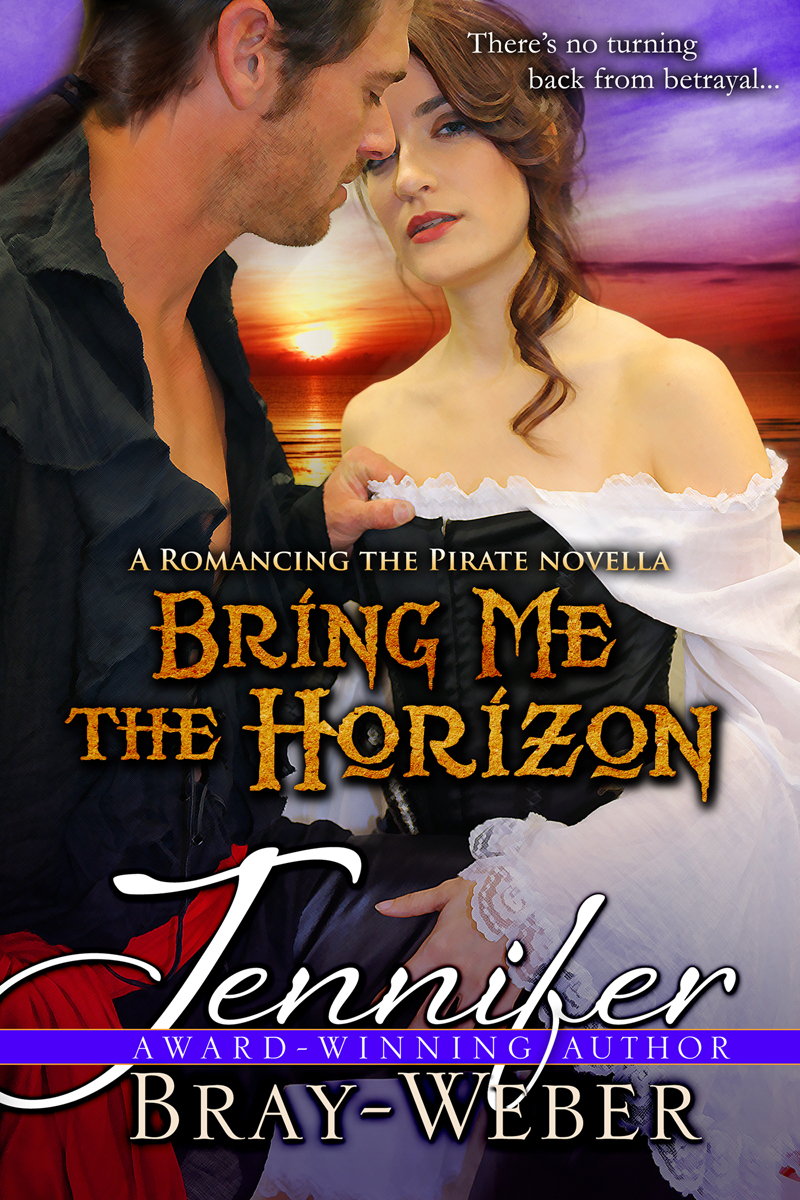


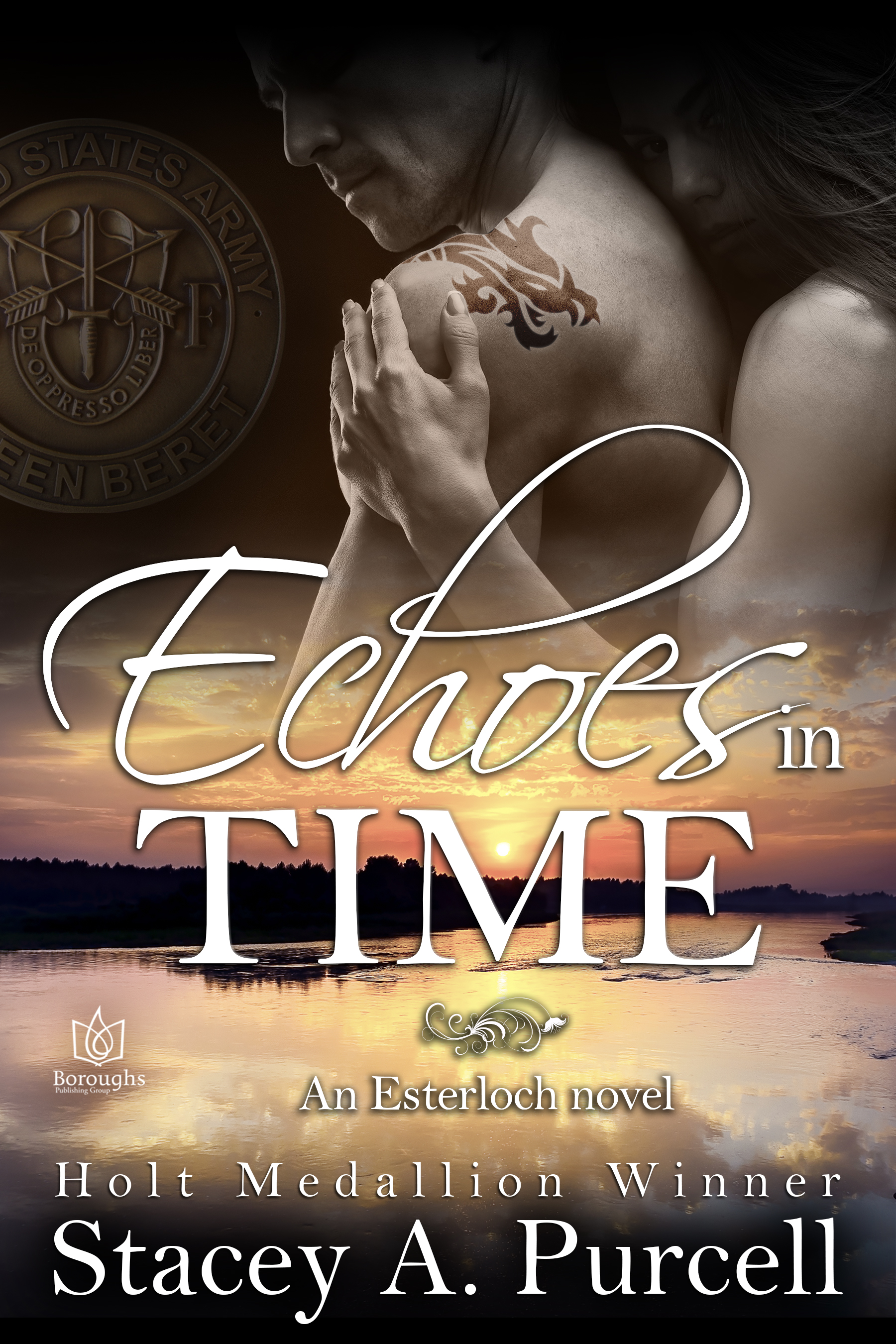
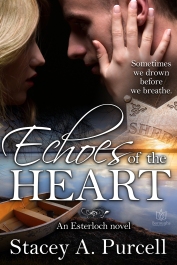

Great post John! Woot, I actually have something in common with the great NR. LOL I was a complete reading addict and never even thought about writing as a career until someone said, “You should write a book and sell it.” LOL And I already had written stuff, but when that person said that, a little light bulb flickered to life.
I love the quotes you chose and completely agree!
LikeLike
Great post. Now I need to go find something to read…
LikeLike
Awesome post, Rounder! Or should I say, O Wise One. LOL! Seriously, you know just how to say it and say it in a way that resonates.
Lately, I haven’t had much time to read anything other than non-fiction books that I’m using as research.
Also, I have embarked on a new writing schedule. With the new baby in the house, I’ve taken the Stephen King approach to writing. I write at least 30 minutes a day. More if the kids let me. 🙂
Again, great post!
Jenn!
LikeLike
Hi, Jessica! I’m with you. Before I’ve finished the last book, I’ve already got the next lined up.
Keep plugging away at your craft. I know you”re day is coming soon.
LikeLike
Hi, Gabbi! It’s a great perk that goes with the job, isn’t it … to read for both business and pleasure.
LikeLike
Hiiiii, Jenn!
Love how you make it work, no matter the challenge. If you need a baby sitter, my wife misses holding these little bundles. Just drop her off anytime.
Have a great Thanksgiving!!!
LikeLike